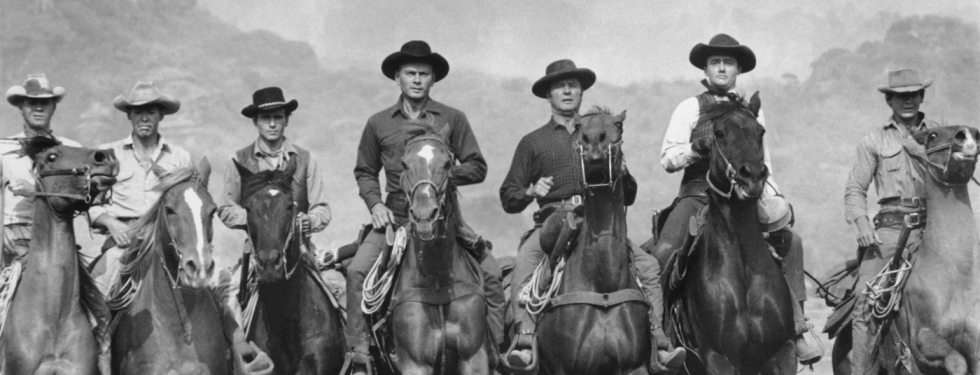Last year, we brought you a version of The Good, The Bad and The Ugly for our legislative overview. For this year’s health policy round-up, we’re relying on another classic Western, The Magnificent Seven, to review the seven main children’s health issues of the session. Not all seven topics made it to the end of the session (much like the gunslingers in the movie). But all of them put up a good fight.
1. Enrolling More Children in CHIP and Medicaid
Utah has one of the highest rates of uninsured children in the nation. We need to take the steps to help children and families enroll–and stay enrolled–in health coverage. There are 85,000 uninsured children in Utah. Even more concerning, the majority of uninsured children in the state are already eligible for health insurance coverage like CHIP or Medicaid but not enrolled.
Fortunately, some important steps were taken this session. The legislature allocated state funding to the Department of Health for CHIP and Medicaid outreach so that more families can learn about their coverage options. In addition, the legislature directed the Department of Health to study some of the barriers to children’s enrollment in CHIP and Medicaid and the fixes needed so more children have coverage. Some of the potential fixes include 12-month continuous eligibility for children on Medicaid, which would allow children to maintain coverage for one full year, even if families experience a change in income or family status. Finally, the legislature removed the five-year waiting period for legal immigrant children to receive CHIP and Medicaid. Immigrant children who would otherwise qualify for CHIP and Medicaid no longer have to wait five years to receive health coverage.
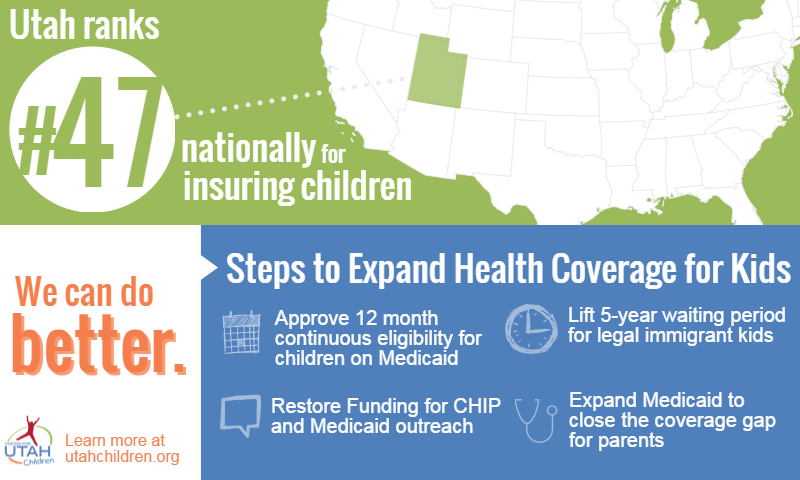
2. Health Coverage for Parents
Healthy parents = healthy children. When parents have insurance, they are better able to care for their children. In addition, when parents have coverage they bring their children along too. Enrollment numbers for children go up when parents have health coverage. Unfortunately there are tens of thousands of uninsured parents in Utah today. While the legislature did not close the coverage gap this session, it took important first steps. HB 437 (Rep Dunnigan R-Taylorsville) changed Medicaid eligibility to cover an estimated 3,800 additional parents, effectively raising the eligibility ceiling for parents with children up to 60% of Federal Poverty Level. More robust bills that did not become law, including SB 77 (Sen Gene Davis D-Salt Lake County), would have expanded Medicaid and closed the coverage gap. In addition, the legislature funded Primary Care Access Grants. These grants help many low-income families and individuals, especially in rural areas. These are important steps to take, but we need to continue on until all Utahns have access to comprehensive health coverage.
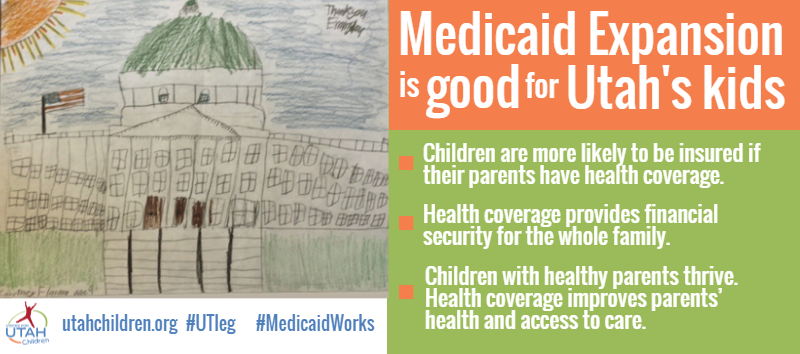
3. Reducing Health Disparities
Children of color are more likely to experience poor health outcomes compared to White children. Utah has the highest rate of uninsured Hispanic children in the nation. Hispanic children make up 17% of the population, but they make up 40% of the total uninsured population. As mentioned above, one win for the session was the elimination of the five-year waiting period for legal immigrant children. Legal permanent resident (LPR) children will soon be able to enroll in CHIP or Medicaid as soon as they qualify, without having to wait five years. At the request of the Governor’s budget, the legislature also allocated funding for Family Spirit, a home visiting program specifically for young Native American families in Utah. The program is a culturally-focused and strength-based approach for new parents and their children. These measures move our state in the right direction; but more work is needed. All children, regardless of their racial or ethnic background, should be able to access the care they need to achieve optimal health.
4. Disease Prevention and Health Promotion
The following public health policies were not enacted, although they would have saved the state money and improved children’s health:
Curtailing Youth Tobacco Use: HB 157 (Representative Kraig Powell R-Heber City) would have raised the age limit for tobacco use and HB 333 (Representative Paul Ray R-Clearfield) imposed an e-cigarette tax. These are important steps to prevent rising rates of e-cigarette use among youth in our state. Despite strong support, including active youth advocacy, both of these bills failed in committee.
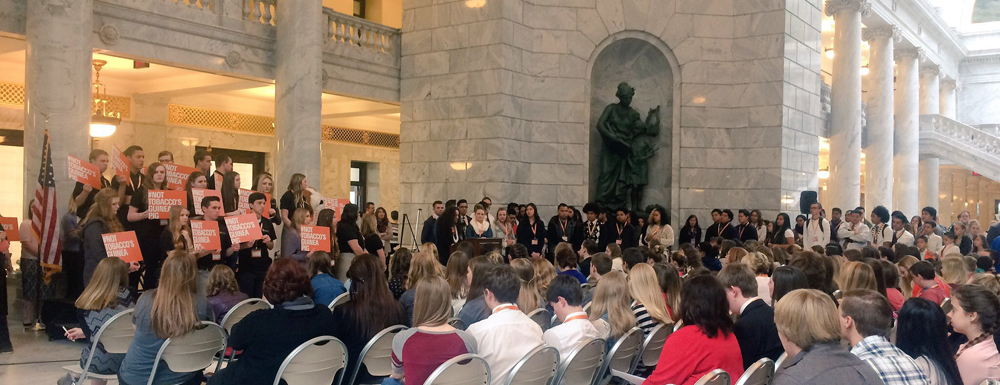
Information about Childhood Immunizations: Choosing not to vaccinate your child is a serious decision for one’s child and community. HB 221 (Rep Carol Spackman-Moss D-Salt Lake City) would have required parents who choose not to vaccinate to take a brief online training. The training would inform parents how to recognize the signs and symptoms of disease and learn what to do in the event of a disease outbreak in order to keep their child safe. The bill narrowly passed the House. However in the final days of the session, the Senate made amendments to the bill that undermined its intent. There was not adequate time to resolve these differences and the bill did not pass. As immunization rates in Utah decline, more children are at risk when disease outbreaks occur. This bill highlights the need for continued public health awareness, information and discussion so that all children in Utah can be safe.
Family planning: Representative King sponsored HB 246, Reproductive Health Amendments, that would have provided comprehensive sex education in schools. It also would have allowed more low-income families to receive comprehensive family planning services. This bill would have helped reduce rising rates of sexually transmitted infections by helping more teens make informed choices. However, controversies surrounding sex education kept this bill from advancing out of committee.
5. Services for Children with Special Healthcare Needs
Legislators increased some of the funding for children with special needs. The Baby Watch Early Intervention program received one-time funding to support its critical programs. Legislators including Sen. Luz Escamilla (D-Salt Lake City) and advocates worked tirelessly to make sure the programming could continue. As parents can testify, the Baby Watch Early Intervention program allows parents to receive the early support, assessment and coordination of care they need for their children. The legislature also funded additional slots and increased the caseload for the Medically Complex Children’s Waiver in the Medicaid Program. Additionally, in HB 2, the legislature also allocated funding for the children’s hearing aid pilot program account. In the future, more funds are needed for children with special health care needs, but the legislature took important measures to help more children and families.
6. Crisis Nurseries and Home Visiting for Under-Resourced Families
The Utah legislature allocated funding for families in crisis in HB 2. These funds include TANF funding for domestic violence shelters. It also includes some funding for crisis/respite nurseries under contract with the Division of Child and Family Services. Crisis nurseries play a vital role for families experiencing hardship. In addition, the legislature allocated funding to home visiting programs. The two evidence-based programs funded are Family Spirit and Parents as Teachers. Home visiting programs have been shown to improve the long and short term health outcome for new mothers and their children.
7. Maternal Health and Prenatal Services
The legislature considered several bills that address obstetric care for moms, including two bills that addressed midwifery services. HB 184 (Rep Spackman Moss) made technical changes to current midwifery practices. SB 108 (Sen Deirdre Henderson) removed certain restrictions on licensed birth centers to enable expanded services, despite some concerns from the despite some concerns from physician groups. Both HB 184 and SB 108 passed.
HB 246, Reproductive Health Amendments, also included a provision that would expand family planning services for low-income families that do not qualify for Medicaid. Since this bill failed in committee, it was a missed opportunity for the state to apply for a waiver to extend family planning services for women at 138% of Federal Poverty Level. The state would have received an enhanced federal matching rate for such services, making this a cost-effective policy change for the state. In addition, the provision would have helped individuals who fall in the coverage gap receive comprehensive family planning services.
Those are some of the “magnificent” seven health topics from the 2016 legislative session. For more information on any of the issues or bills mentioned, please contact Jessie Mandle. Voices for Utah Children will continue the fight this coming year so that all children in our state can achieve health and wellness.
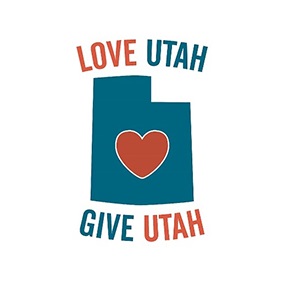 March 31, 2016 is Love UT Give UT!
March 31, 2016 is Love UT Give UT!
It’s a day for Utahns to give to the nonprofits that make Utah special. Every donation to Voices for Utah Children through Love UT Give UT gives Voices a chance to win matching grants and prizes.
And you don't have to wait! Donate now at http://bit.ly/loveUTchildren.
For 30 years now, Voices for Utah Children has called on our state, federal and local leaders to put children’s needs first. But the work is not done. The children of 30 years ago now have children of their own. Too many of these children are growing up in poverty, without access to healthcare or quality educational opportunities.
How can you be involved?
Make a tax-deductible donation to Voices for Utah Children—or join our Network with a monthly donation of $20 or more. Network membership includes complimentary admission to Network events with food, socializing, and opportunity to meet child advocacy experts. And don't forget to join our listserv to stay informed!
We look forward to the future of Voices for Utah Children and we hope you will be a part of our next 30 years.
Special thanks to American Express for sponsoring our 30th Anniversary Year. 

